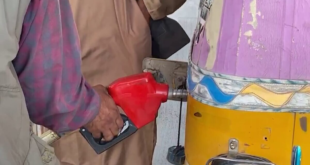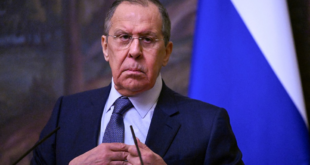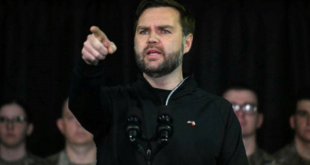WASHINGTON (Reuters) – Retired U.S. Navy medic Charlie Anderson twice thought about committing suicide: once when he feared he would be sent back to Iraq in 2004 and again last year when a friend and fellow veteran killed himself.
“I can’t say that I can’t go because we don’t do that, I also can’t go because I’m putting people in danger if I do,” he said of his first brush with suicidal thoughts, which came while he was awaiting his second deployment.
In the end, Anderson was not deployed but it sparked a two-year effort to get help for post-traumatic stress disorder (PTSD), one of thousands of soldiers returning from the wars in Iraq and Afghanistan facing a battle to re-enter everyday life.
While much of the attention has been on physical wounds like traumatic brain injuries, as well as squalid living conditions for recovering soldiers, doctors, families and lawmakers are expressing growing concerns that veterans are not be getting the right mental health help.
Â
Those worries come as President George W. Bush has ordered almost 30,000 more troops to Iraq. Already 1.5 million soldiers have been deployed in the U.S.-led war on terrorism, with one-third serving at least two combat tours, which increases the chances of PTSD.
Despite finally receiving treatment, Anderson finds himself in the middle of a divorce and still constantly on edge — jumpy at loud noises and always eyeing the exits of rooms.
“I have triggers every day, but I’m learning how to deal with them,” he said.
The Department of Veterans Affairs estimates 12 percent to 20 percent of those who served in Iraq suffer from PTSD. A 2004 Army study found 16.6 percent of those returning from combat tested positive for the disorder.
Individuals suffer from PTSD if they relive the trauma, experience emotional numbness, isolation, depression, substance abuse, and memory problems. These often lead to job instability and marital troubles.
MENTAL DISORDER
“I see a range of people coming in from a level of having PTSD but not being severely handicapped and dysfunctional, then I see other people who are really, really handicapped and dysfunctional,” said Dr. Wayne Gregory, a psychologist at the Central Texas Veterans Healthcare System.
Two studies in the last month have shown more than 30 percent of soldiers serving in Iraq and Afghanistan met the criteria for a mental disorder, with the American Psychological Association (APA) finding at best that 40 percent sought help.
“Now people are getting out of the service and they’re beginning to seek help,” said Dr. Paul Hicks, professor of psychiatry and behavioral medicine at Texas A&M’s Health Science Center College of Medicine.
“We don’t know when or if that will level off. It’s got to level off at some point, but we haven’t reached that point,” he said.
A study published by the Archives of Internal Medicine found 13 percent of almost 104,000 veterans evaluated suffered from PTSD. Mental illness “threatens to bring the war back home as a costly personal and public health burden,” it said.
Congress has ordered the Pentagon to establish a mental health task force, though its findings won’t be presented until May.
“We have put them in very stressful situations and often times people need help and that help should be made available,” said Rep. Gabrielle Giffords, an Arizona Democrat.
The Pentagon is already on the defensive about medical treatment for soldiers after an investigation found shoddy living conditions for troops recovering from physical injuries at Walter Reed Army Medical Center.
Defense Secretary Robert Gates told Congress last month that the number of troops who tested positive for a mental health condition after being deployed was lower, 22 percent.
A Defense Department (DOD) spokeswoman defended its practices, noting mental health teams were in the field and they had begun a new program this year to also screen troops three to six months after they return home.
“DOD has been aggressively reaching out to support our military personnel before, during and after their deployments and their family members, this is unprecedented,” said Pentagon spokeswoman Cynthia Smith.
 Eurasia Press & News
Eurasia Press & News



